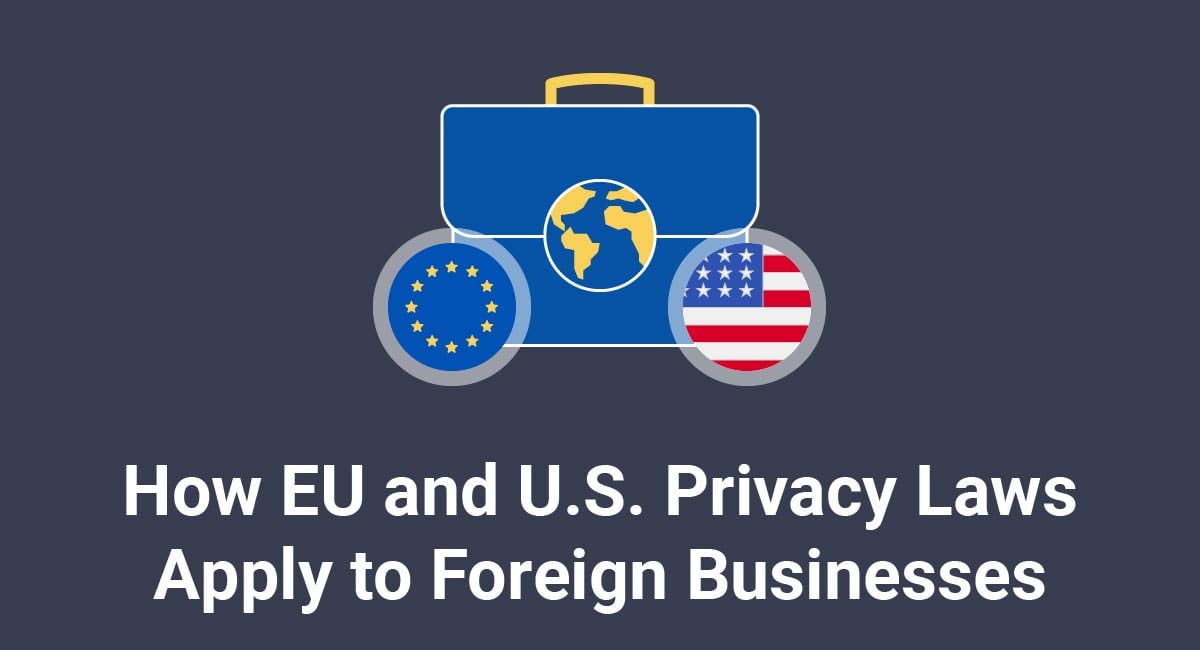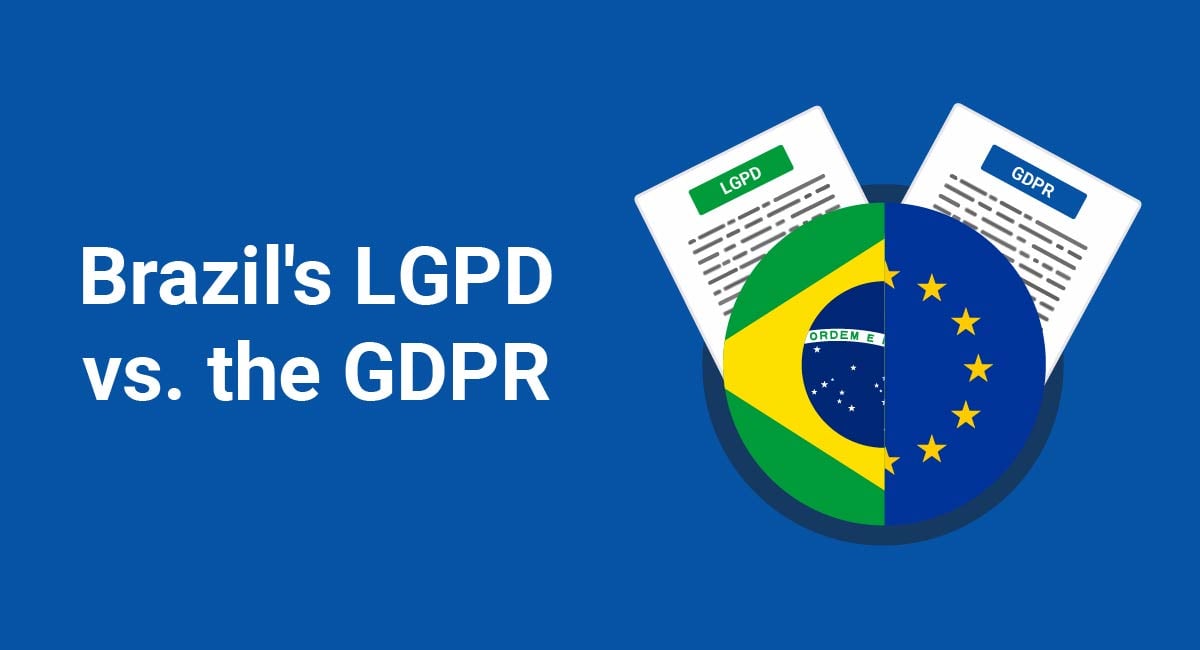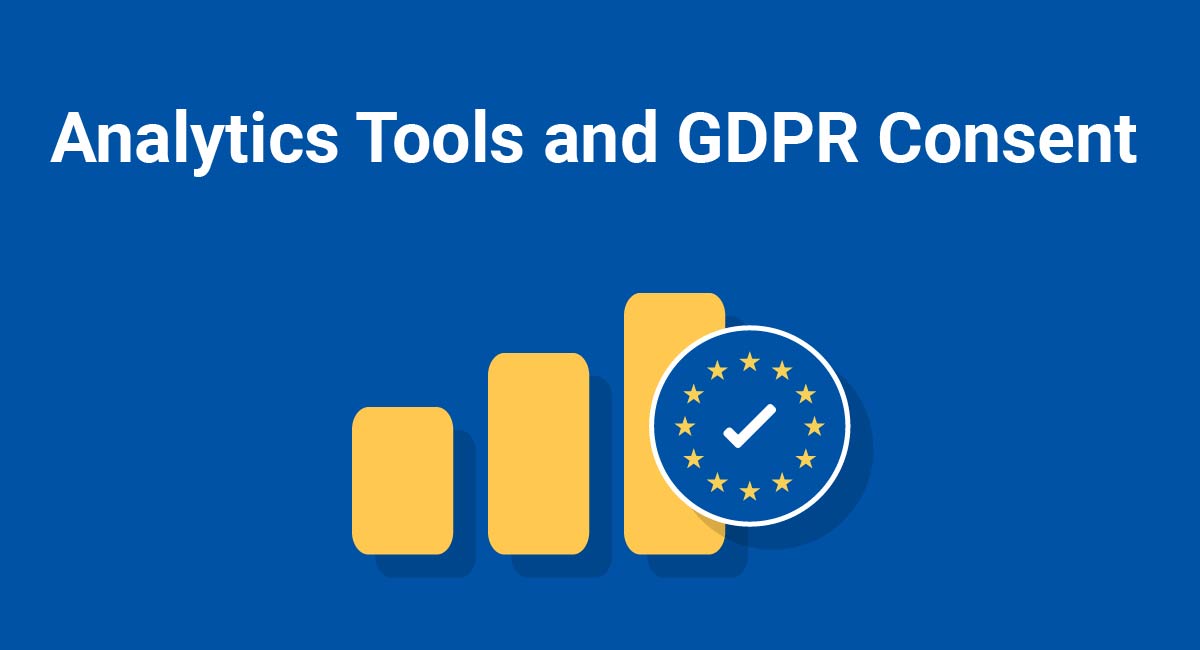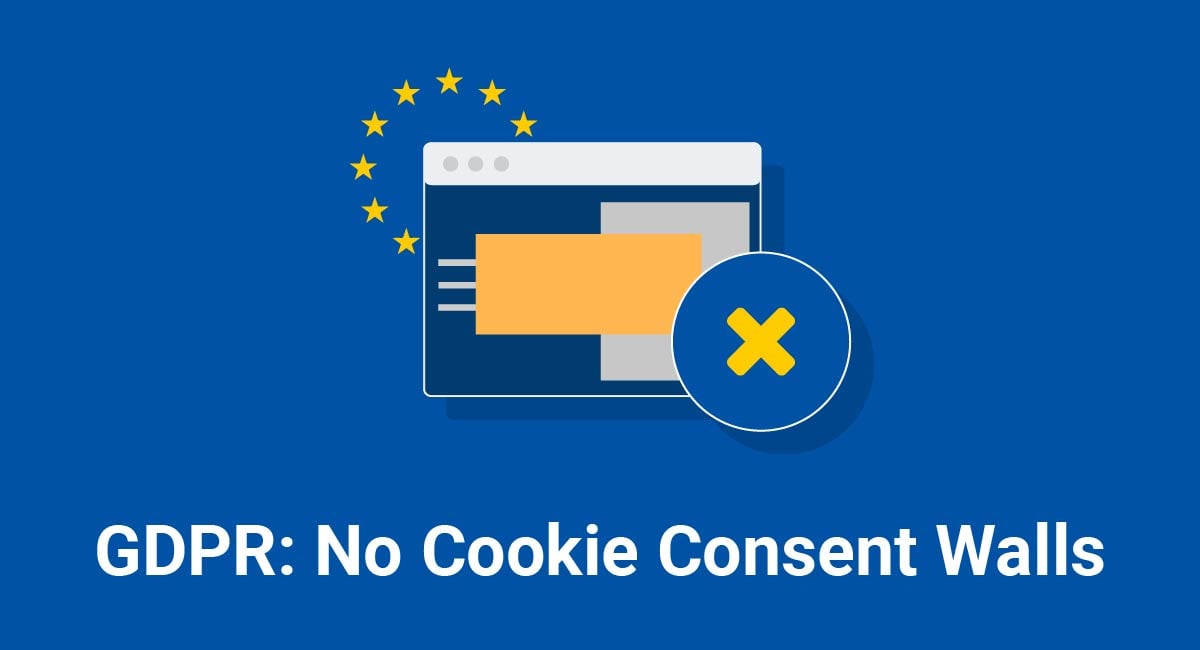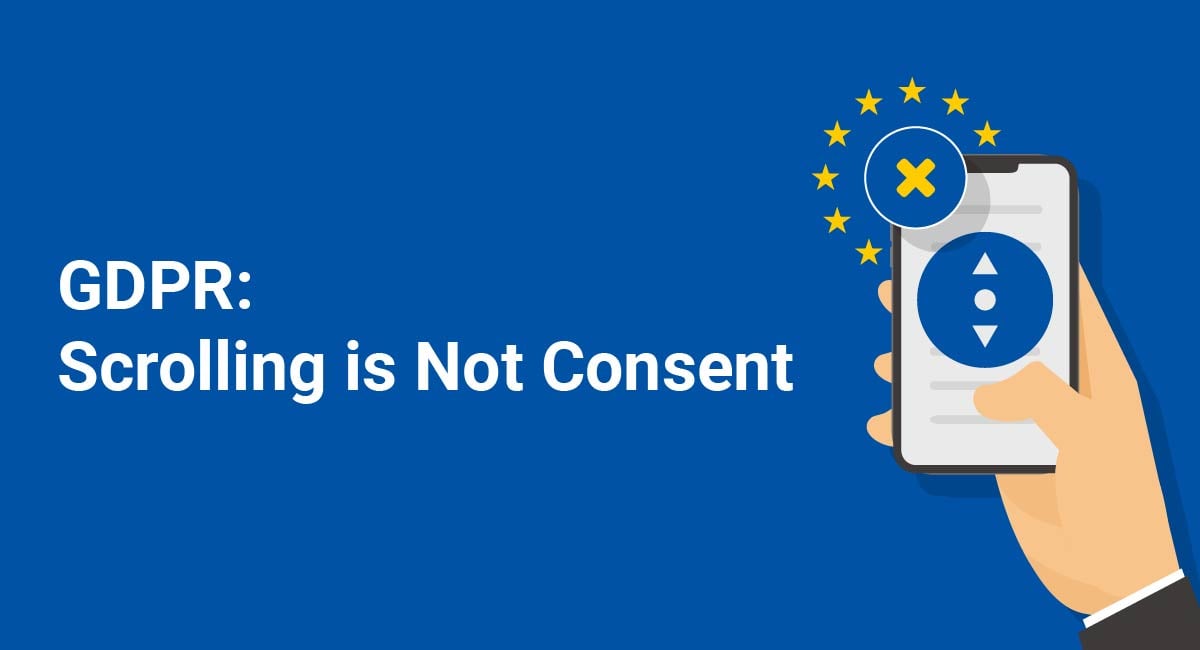Blog: EU Privacy Laws
Page 7
Navigate
-
EULA Agreements
-
Cookies Policy Agreements
-
Disclaimer Agreements
-
Privacy Policy Agreements
-
US Privacy Laws
-
Return Policy Agreements
-
Legal Requirements
-
EU Privacy Laws
-
Terms & Conditions Agreements
-
How to
-
Asia Privacy Laws
-
CA Privacy Laws
-
Consent
-
Templates
-
Consumer Privacy
-
AU Privacy Laws
-
LatAm Privacy Laws
-
Clauses
What the EasyJet Data Breach Means for Your Business
In May 2020, UK airline EasyJet announced that the personal data of over 9 million of its customers had been breached in a cyberattack. The airline could face massive financial and reputational consequences, including a multi-billion dollar lawsuit and a possible administrative fine under the EU General Data Protection Regulation (GDPR). This...
How EU and U.S. Privacy Laws Apply to Foreign Businesses
Privacy law evolved to protect citizens against state surveillance. But it increasingly focuses on protecting citizens from online surveillance by international businesses. The internet's porous borders have forced lawmakers to extend the jurisdiction of national privacy laws. Increasingly, such laws now apply both to domestic and foreign businesses. We're going to look...
Brazil's LGPD vs. the GDPR
Brazil's new privacy law, Lei Geral de Proteção de Dados (LGPD), and the EU's General Data Protection Regulation (GDPR) look pretty similar. In fact, they are practically identical in many places. However, there are a few important differences between the two laws. If you're more familiar with one than the other,...
Analytics Tools and GDPR Consent
The EU's General Data Protection Regulation (GDPR) brought a new standard of user consent. It also brought a lot of browser pop-ups and, with it, some quite unclear rules about when consent is required. Most people understand that the cookies used for targeted advertising require consent. But what about analytics? Is...
GDPR: No Cookie Consent Walls
The EU's attempts to regulate online advertising by restricting the use of cookies have not been universally considered a success. Businesses have devised various methods to encourage, or force, their users to consent to cookies. Among the most controversial of these methods is the "cookie wall." There has been a lively debate...
GDPR: Scrolling is Not Consent
The EU General Data Protection Regulation (GDPR) has been in force for over two years, and there's still some disagreement about how it should be interpreted. One of the more contentious parts of the GDPR is how it handles consent. Although the GDPR requires a "clear affirmative action" to indicate consent,...

